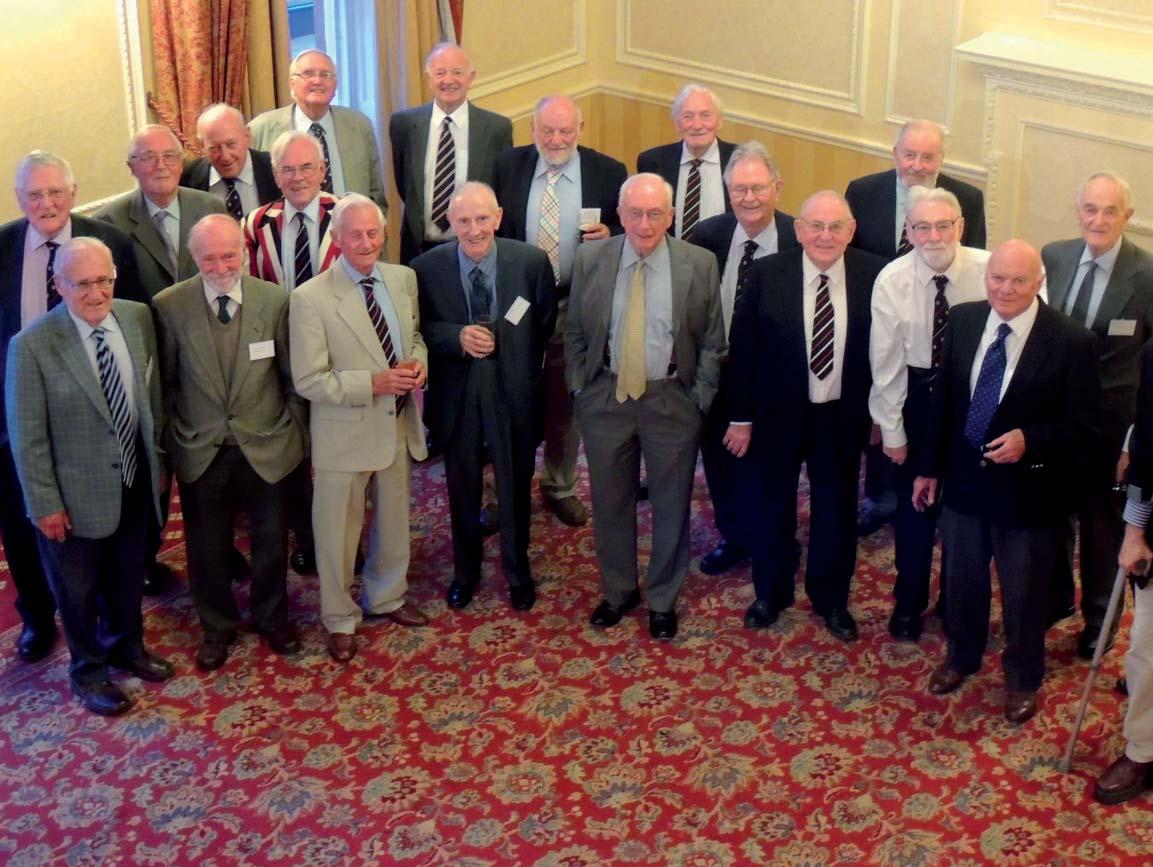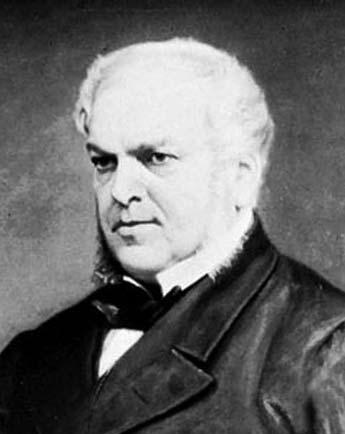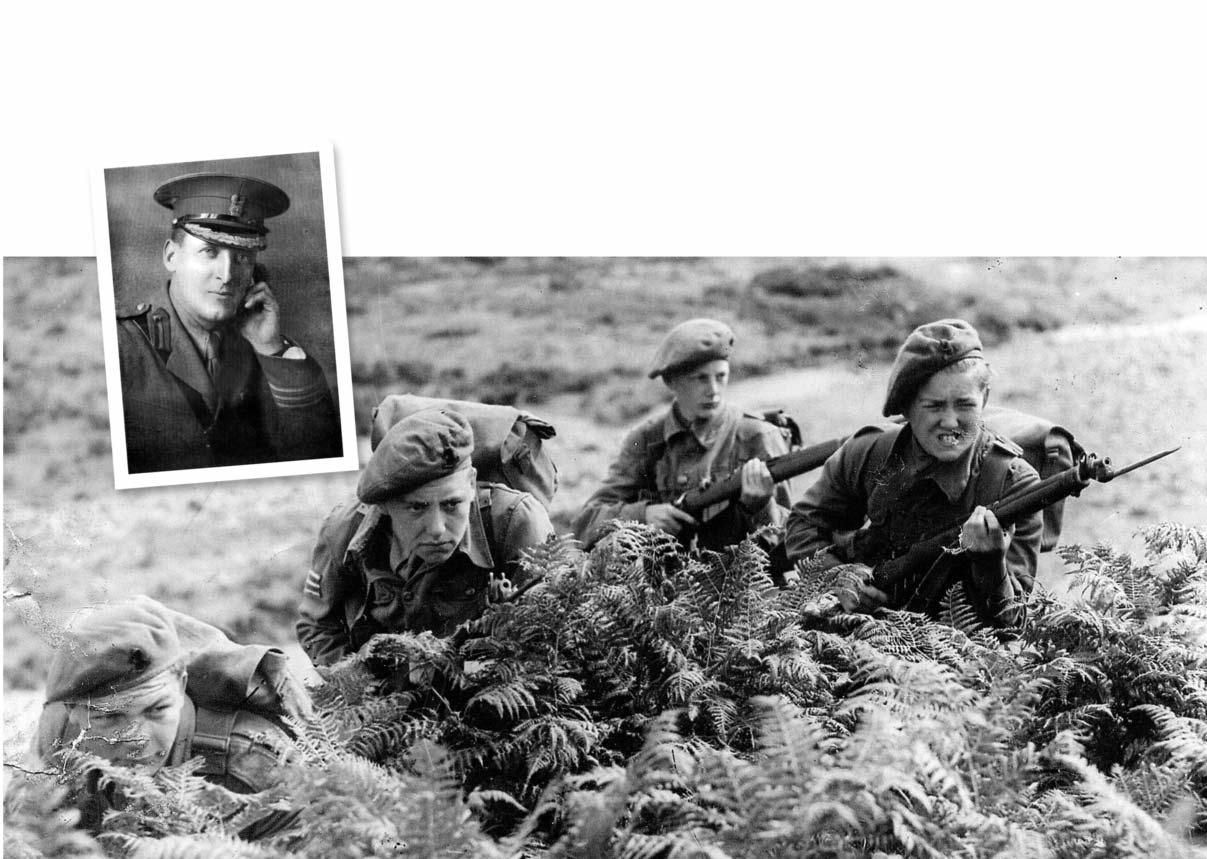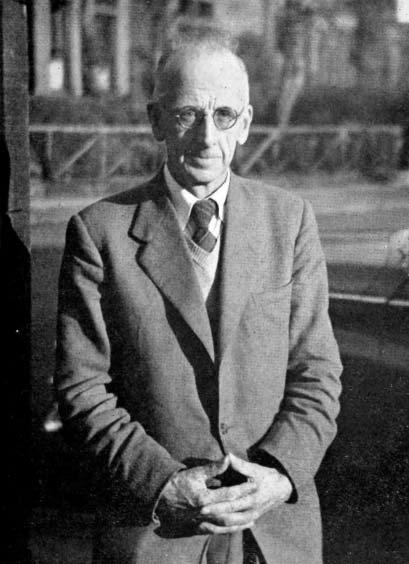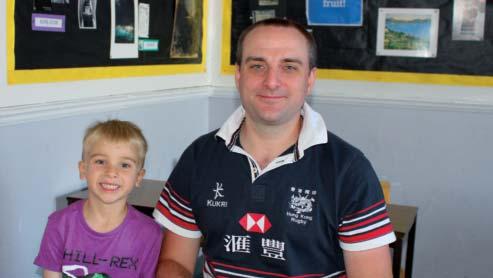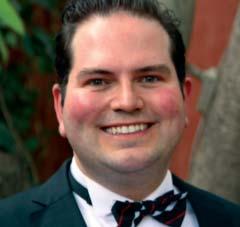‘Solid and Valuable as a Brick of Gold’ By Alan Castree (53-61)
B
orn within two months of Charles Dickens, in April 1812, John Forster has not figured much in the public’s imagination, even amid the many celebrations of the bicentenary of Dickens’ birth two years ago. At the time of Forster’s death, in 1876, there was much grief among those who knew him well, but little public recognition and yet it was he who had written an outstanding biography of Dickens, after the latter’s death in 1870. Margaret Drabble refers to the three volume work as establishing Forster as the first professional biographer of the nineteenth century. The Forster family were Northumbrians and their faith was Unitarian. John’s father, Robert and his uncle, John, were both cattle dealers and butchers in Newcastle. Robert married Mary, daughter of a Gallowgate cow keeper and described as “a gem of a woman”; they had four children, John junior being the second. The family were not well off but Uncle John, “Gentleman John”, remained single and became prosperous; he paid for his nephew to go to the RGS, from 1820 to 1828 (where he was Head Boy) and also for much of his later education. Forster excelled in both the classics and the newly introduced subject of Mathematics. He loved the theatre and must have cultivated good contacts as in 1828 the Theatre Royal, Newcastle, staged one of his plays. In the same year he left RGS to enter Jesus College, Cambridge, but after only a month he moved to London to enrol at Inner Temple for the Bar and begin his Law studies at University College (UCL). This was a new university, with a strong Unitarian element in its founding. UCL was innovative in higher education in seeking to link practice to theory. Forster felt comfortable both in his studies and his religious beliefs in these surroundings. In 1832, having shown outstanding legal talent, he dismayed his tutor, Thomas Chitty, a prominent special pleader, by abandoning pursuit of a career in law in order to follow his literary inclinations. We do not know what Uncle John thought of this but Forster’s biographer, JA Davies, opines that ‘…his family must have thought him mad or close to it.’
John Forster (1820-28) was a Northumbrian of note. He made a unique contribution to the work and life of Charles Dickens and recorded that from 1837 onwards, ‘…there was nothing written by him which I did not see before the world did, either in manuscript or proofs.’
10
It was a bold step to leave a promising calling as a lawyer; the literary world in 1830s London had little to commend it. However, seen now from afar, the literary world was on the cusp of a revolution, of which John Forster became an integral part. Literature was the beneficiary of the rapid expansion of literacy among the British population and of the acceleration in the improvement in printing technology. Writers could sense the potential for wider readership and the greater likelihood of recognition as professionals in their chosen field. Forster was to play a major role in these advancements. He became a frequent contributor to trenchant periodicals as a drama and literary critic and his contributions to The Examiner (of which he later became editor) led to him being noticed among the literati.

